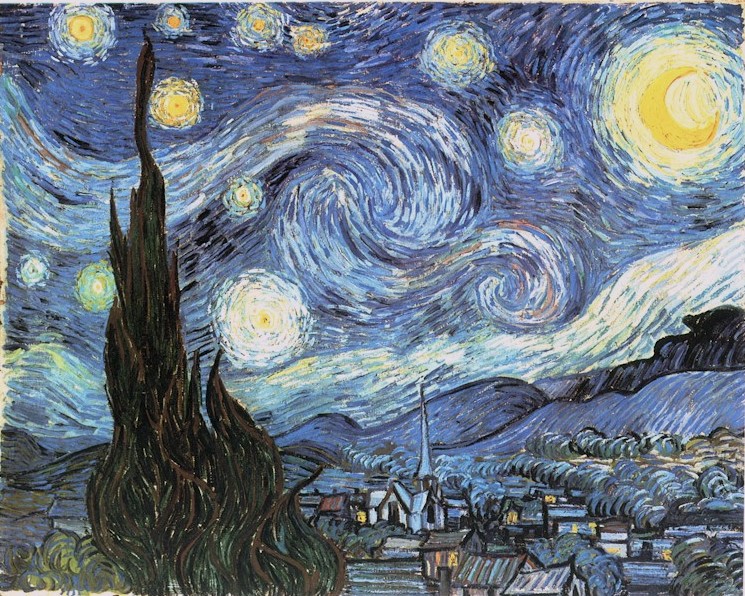
i am going to ask you to do a little homework before you respond to this one.
- read tim stafford's blog post, "evangelicals and science"
- read michael spencer's post at internetmonk, "niki made her choice and, apparently, so did we"
- stafford gives two accounts of christians with vocations in science, and the troubles this caused them with their christian communities. both became increasingly detached from their christian friends and the life of the church because of the disapproval they felt from fellow believers in light of their work as scientists.
- imonk tells about niki, a brilliant student from japan exposed thoroughly to christianity while pursuing her education here in the states. yet, she returned to japan an atheist. why? here is her explanation: “when people here explained to me what they must believe as christians, I always ask them about evolution, and they say 'you cannot be a christian and believe in evolution.' so i cannot be a Christian, because I believe that evolution is true.”
in my opinion, the church needs to talk. now. this is serious.
today's van gogh
starry night, 1889








I'll be the first to admit that I don't like evolution. I find it to be an upheaval of my tiny, comfortable, humanity-centered natural world. Having thought that God created the universe through words, a God that acts by such slow and brutal means as evolution just doesn't sit quite right. I am forced to accept that the intimate, loving God is also the architect of death, which I had not formerly counted among his creations.
ReplyDeleteBut be that as it may, I find that rejecting evolution causes profound cognitive dissonance for me. The evidence for it is just too compelling, and the arguments against it are just too desperate. Which leads me to believe that my discomfort with evolution has more to do with psychology than my relationship with God--I'm uncomfortable with something new I know about God, namely, that he used evolution. So I believe in evolution and trust that God was right in doing so.
Of course, evolution does bring up some issues with the interpretation of the Bible, which I have not resolved. I'll leave discussion of that to someone more informed than me.
Bravo to Anna for being brave enough to say it.
ReplyDeleteI was brave enough to also express the mere *possibility* of God creating the world, which then evolved, in my current small group, and as a result, I'm now being subjected to The Truth Project along with the rest of the group (I'm fairly certain it's partly because of my remarks).
I also agree with Anna that a lot of the arguments against evolution (the "Young Earth" camp) are "too desperate", as she put it. Their arguments in some cases seem illogical, and the scientists in that group are not willing to even engage in any kind of debate. That makes me uncomfortable.
Ultimately, I do believe that God created the world, and even if I end up agreeing with Young Earth theory (I'm always open), I would never say someone is absolutely not a Christian if they don't. Believe in God as the Creator is the Main Thing.
All I can add is that this shows how pervasive the insular, anti-intellectual aspects of evangelicalism have become.
ReplyDeleteTwenty years ago it was Bill Gothard or Bill Gaither, then it was James Dobson and now it is Del Tackett. But what never changes is that the majority of American Christians insist on being a subculture rather than the Light of the World.